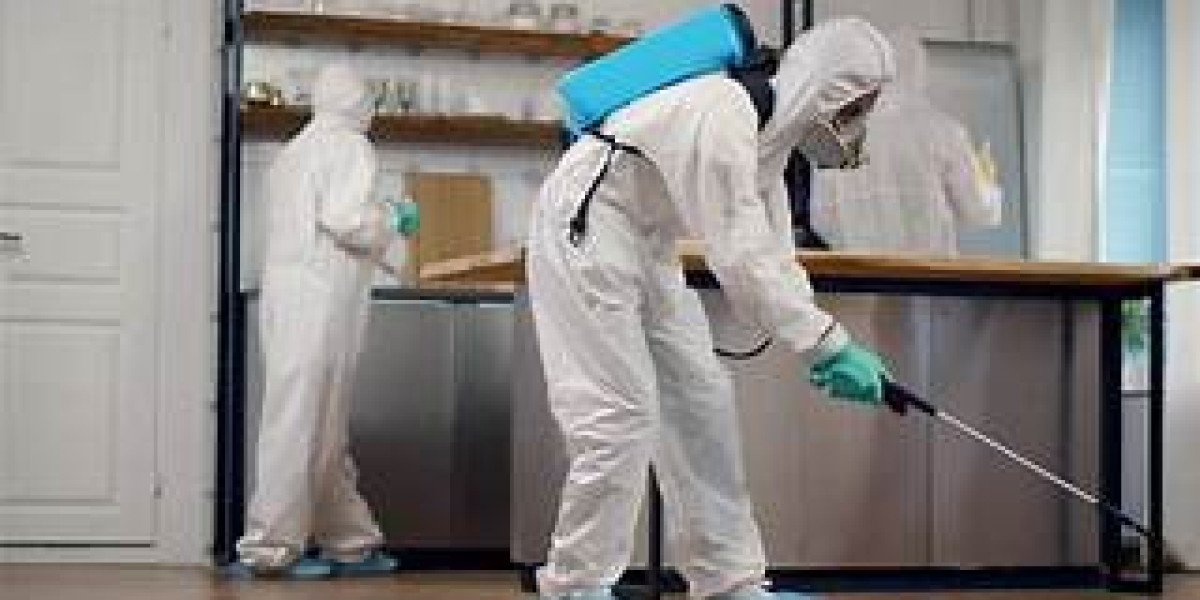Fortunately, effective rodent control measures can help you safeguard your home and protect your family from these unwanted invaders.
Understanding the Importance of Rodent Control
Rodents are notorious for their ability to reproduce rapidly, meaning a small infestation can quickly escalate into a major problem if not addressed promptly. Moreover, these creatures are adept at finding their way into homes through even the tiniest of openings, making prevention a key aspect of rodent control.
Prevention Is Key
The first step in rodent control is to prevent them from entering your home in the first place. Seal off any potential entry points, including gaps around doors and windows, cracks in the foundation, and openings around utility lines. Use materials like steel wool or caulk to block these entry points and make it difficult for rodents to gain access.
Additionally, maintaining cleanliness is crucial in deterring rodents. These pests are attracted to food sources, so keeping your kitchen and dining areas clean and free of crumbs is essential. Store food in airtight containers, promptly clean up spills, and regularly empty trash bins to remove potential attractants.
Implementing Effective Control Measures
In addition to prevention, implementing effective control measures is necessary to manage existing rodent populations. Trapping is a common method used to capture and eliminate rodents. Snap traps, glue traps, and live traps are all options available, each with its advantages and considerations.
Snap traps are among the most commonly used traps due to their effectiveness in quickly killing rodents. Glue traps can also be effective, although there are ethical concerns regarding the inhumane treatment of trapped rodents. Live traps offer a humane option for capturing rodents alive so that they can be released elsewhere.
Rodenticides, chemical substances designed to poison rodents when ingested, are another option for controlling rodent populations. However, these should be used with caution, as they can be harmful to pets and wildlife if ingested accidentally. It's essential to follow the manufacturer's instructions carefully and place rodenticides in areas inaccessible to children and pets.
Seeking Professional Assistance
While DIY methods can be effective to some extent, severe infestations may require the expertise of professional pest control services. Pest control experts have the knowledge and experience to identify the extent of the infestation and implement appropriate control measures. They can also offer ongoing maintenance and monitoring to ensure that rodents do not return.
Maintaining Outdoor Sanitation
Beyond structural and chemical methods of rodent control, maintaining outdoor sanitation can also play a significant role in keeping rodents at bay. Ensure that trash bins are securely sealed, and compost piles are properly managed to prevent rodents from finding a food source near your home. Additionally, consider landscaping techniques that discourage rodent habitation, such as removing dense vegetation and keeping shrubs trimmed away from the house.
Conclusion
In conclusion, rodent control is crucial for maintaining a safe and healthy living environment. By combining preventive measures, trapping, rodenticides, and professional assistance when needed, you can effectively manage rodent populations and protect your home from the damage and health risks associated with infestations. Stay proactive and vigilant in your efforts to keep rodents at bay, ensuring peace of mind for you and your family.









